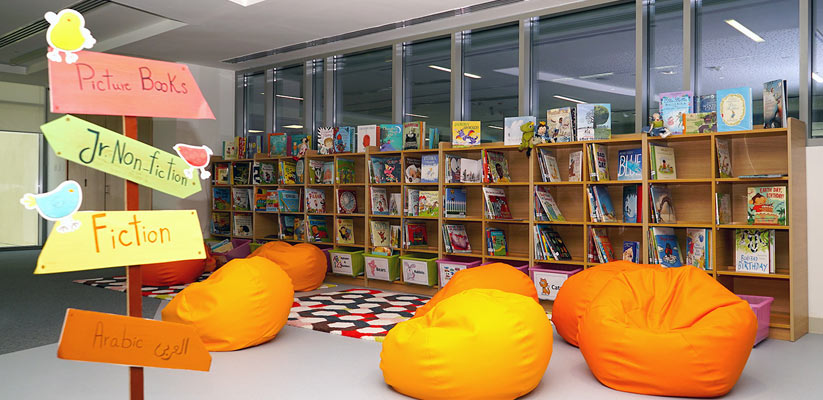Once upon a time…
Ever since I can remember, I have always loved listening to and reading stories. As a child, my highlight of the week would be going to the library on a Saturday morning with my mum and choosing a selection of storybooks to read and be read to each evening. As I’ve grown older, and more of my time has been consumed in other aspects of adult life, I may not be able to read as often or be read to, but storytelling in an essence still remains a key part of life. Not just for me, but for everybody.
When you think about it, every day we tell stories. After a long day at work, we tell our loved ones in-depth details about the events of our day. In the mornings, our friends and co-workers will hear all about our daily routines, nightmarish commutes and details from the night before. We often tell others our stories of things we have learnt from, moments we have been proud of and, of course, memories that we want to remember forever, as well as aspects that we would rather forget. As human beings, we describe things in great detail, we are very good at exaggerating the truth and we love seeing reactions from others to the stories we have told. In an essence, storytelling is second nature to us all.
Once upon a time, reading bedtime stories to children at the end of the day was a way of life for most families. However, studies now show that this is becoming a thing of the past. Only around 64% of families are now reading to their children at the end of each day with reasons such as stress, lack of time and workload being the main causes that prevent this from happening regularly.
At Arcadia, we believe that both reading stories independently and being read to have a massive impact on a child’s literacy development. In school, we ensure that we deliver a high-quality phonics programme to enable your children to decode words efficiently and we use Talk for Writing to ensure that storytelling is always an exciting and rich experience for our children. This helps them to shape their ideas into writing and also helps to build their language skills by embedding a range of quality vocabulary into their everyday talk.
As parents, you can continue to make a difference to your child’s language and literacy development by ensuring that bedtime stories become or remain an important aspect of your everyday routine as a family. This vital time allows children to experience texts that are more challenging than those they can access independently and instead of concentrating on the decoding of words they can enjoy getting lost in another world based purely on their imagination. Research suggests that one of the most important aspects of story time is adult interaction. Despite a child’s imagination having no limits, it does need stimulation. Adults can do this through the use of questioning; what has happened, why this is and what the outcome might be, helps your children to imagine, dream and predict what is coming next.
As Albert Einstein once famously said “Imagination is more important than knowledge. Knowledge is limited. Imagination encircles the world.” Therefore, I believe that the importance of storytelling remains everybody’s responsibility: from parents to teachers, to school leaders and policy-makers. By teaching children the skills they need to read words and also allowing them plenty of experience to build their language capabilities through storytelling will hopefully encourage and inspire children to want to generate a world beyond their own experiences again and again and again.


Comments